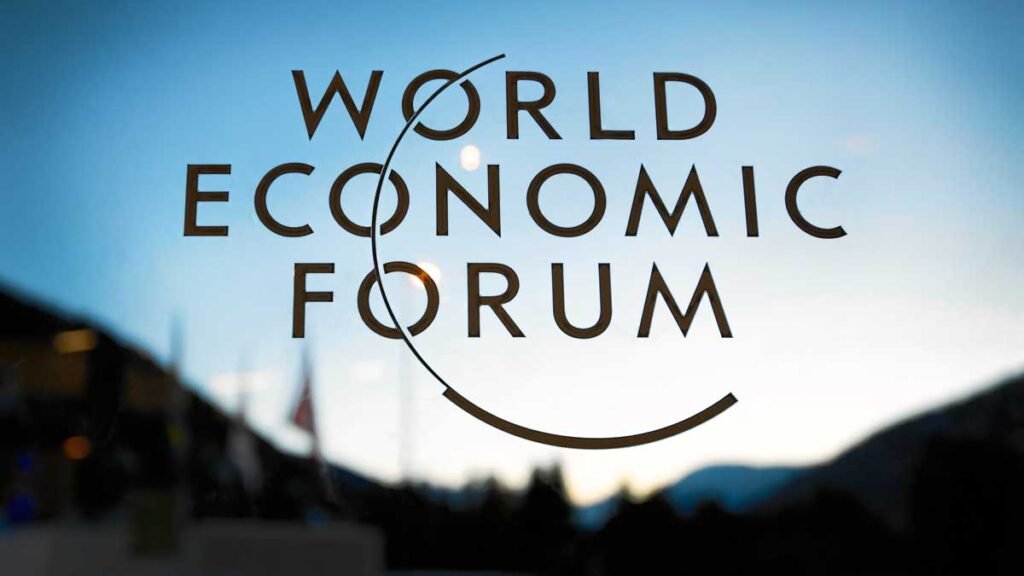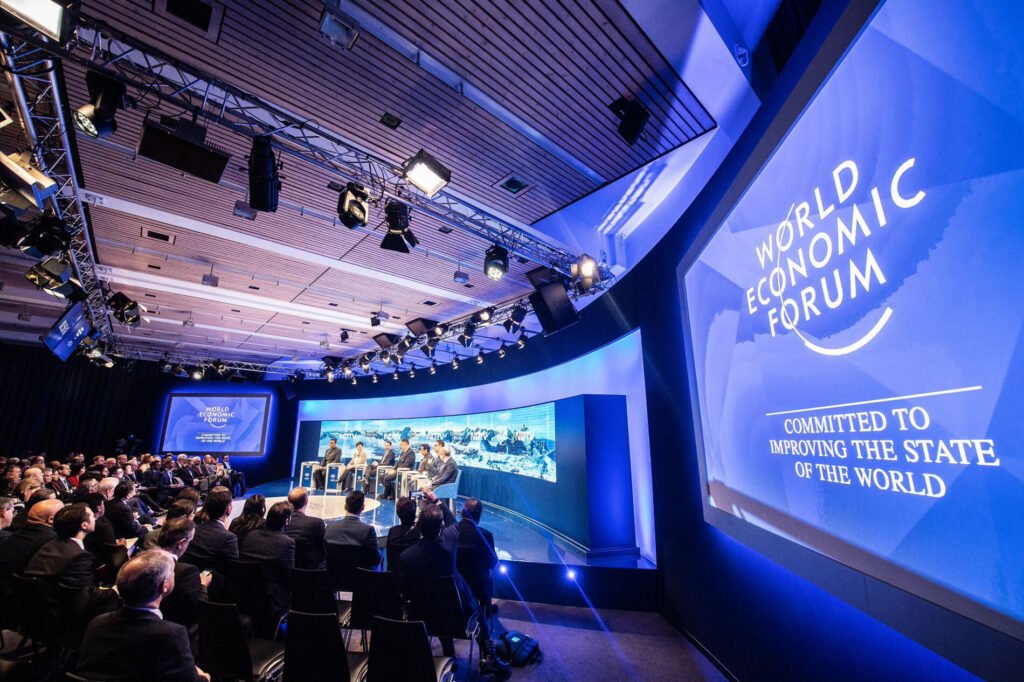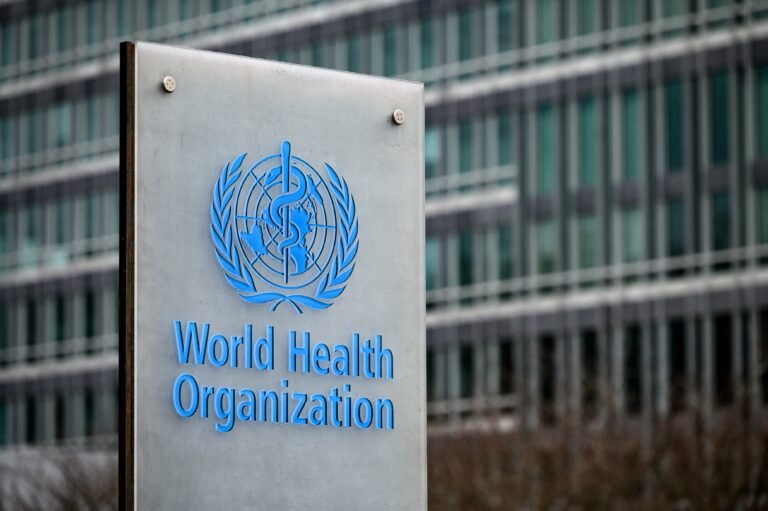What is the World Economic Forum in Davos, and why does it matter?
Every January, the world turns its attention to the small Swiss town of Davos, where leaders in politics, business, and academia gather for the World Economic Forum (WEF).
Known for its high-profile attendees and sweeping discussions on global issues, the WEF is often hailed as a hub of international collaboration—but it’s not without its critics.
To understand its significance (or lack thereof), let’s delve into what the forum is, its history, purpose, and the debates surrounding its relevance.
What is the World Economic Forum (WEF)?
The World Economic Forum is an annual gathering of influential figures from around the globe, including heads of state, CEOs, academics, non-governmental organizations (NGOs), and cultural leaders. The event takes place in Davos, Switzerland, and is known simply as “Davos” in shorthand.
The forum serves as a platform to discuss pressing global challenges, ranging from climate change to technological innovation, social inequality, and geopolitical instability. It also aims to foster collaboration between governments, businesses, and civil society. However, participation is by invitation only, and its exclusivity has fueled criticism about its inclusivity and real-world impact.
See also…
World Economic Forum 2025 dates
This year’s edition will take place in Davos from January 20th to 24th.
The history of the World Economic Forum
The WEF was founded in 1971 by Klaus Schwab, a German economist and engineer. Originally named the European Management Forum, its goal was to introduce American management practices to European businesses. Over the years, its focus broadened beyond corporate strategy to include global economic, social, and environmental challenges.
Read also…

In 1987, the forum adopted its current name to reflect its global scope. Since then, it has become synonymous with high-level discussions and ambitious initiatives. Major moments in WEF history include:
1988: Greece and Turkey signed the Davos Declaration, reducing tensions between the two countries.
1992: Nelson Mandela and South African President F.W. de Klerk met to discuss the end of apartheid.
2008: The forum addressed the global financial crisis, with discussions on how to rebuild the global economy.
What is the purpose of the WEF?
The official mission of the WEF is to “improve the state of the world.” It provides a space for decision-makers to exchange ideas, forge partnerships, and launch initiatives aimed at addressing global challenges. Discussions are organized around key themes such as:
Economic Growth and Stability: Tackling inflation, recession risks, and trade imbalances.
Climate and Sustainability: Addressing climate change through innovation and international cooperation.
Technological Advancement: Debating the ethical implications of artificial intelligence, blockchain, and other emerging technologies.
Social Equity: Promoting diversity, equity, and inclusion in business and governance.
One of its hallmark features is the release of annual reports, including the Global Risks Report and the Global Competitiveness Report, which analyze trends and challenges shaping the world.
Why is the WEF important?
For its supporters, the WEF is a unique opportunity to tackle complex global issues that require multi-stakeholder solutions. By bringing together diverse perspectives, it fosters dialogue and collaboration that might not occur in traditional diplomatic settings.
See this…

The forum has also launched initiatives with tangible impact, such as:
The Davos Agenda: A commitment to sustainable capitalism and stakeholder-centric business models.
Reskilling Revolution: A global effort to train one billion people for the future workforce by 2030.
Climate Action Platforms: Partnerships to accelerate the transition to renewable energy and sustainable practices.
Criticism and controversies
Despite its lofty goals, the WEF faces significant criticism:
Elitism: The forum’s exclusivity has led to accusations that it’s a “club for the rich,” disconnected from the realities of ordinary people. The high attendance fees and private nature of discussions exacerbate this perception.
Lack of Action: Critics argue that Davos is more about networking and self-promotion than driving meaningful change. Many commitments made at the forum fail to materialize into concrete action.
Environmental Impact: Ironically, the forum’s focus on sustainability is often overshadowed by the carbon footprint of private jets ferrying attendees to Davos.
Corporate Influence: The heavy presence of corporate leaders raises concerns about the forum prioritizing profits over public welfare.
See more…
Is the WEF still relevant?
The importance of the WEF depends on whom you ask. For global leaders and corporations, it remains a vital platform for shaping the narrative on pressing issues. However, skeptics question its effectiveness, arguing that real change requires less talk and more action.
In an era of growing distrust in institutions and rising inequality, the forum’s exclusivity and wealth-driven optics feel increasingly out of touch to many. Yet, its ability to convene influential voices ensures it remains a focal point for global debate.
The World Economic Forum in Davos is a paradox: a powerful platform for collaboration, yet often criticized for its exclusivity and lack of concrete outcomes. Whether you see it as a necessary driver of change or a symbol of inequality, one thing is certain: its influence on global discourse is undeniable.
As the world grapples with challenges that transcend borders, the WEF’s ability to foster dialogue and innovation will continue to be both celebrated and scrutinized. For solopreneurs and digital creators navigating a globalized economy, Davos serves as a reminder of the interconnected world we live in—and the ongoing quest for solutions that benefit everyone, not just the elite few.
Keep reading…
Get fresh content delivered to you
Sign up to our newsletter and receive our latest updates and exclusive content. No spam, one e-mail per week, maximum!






